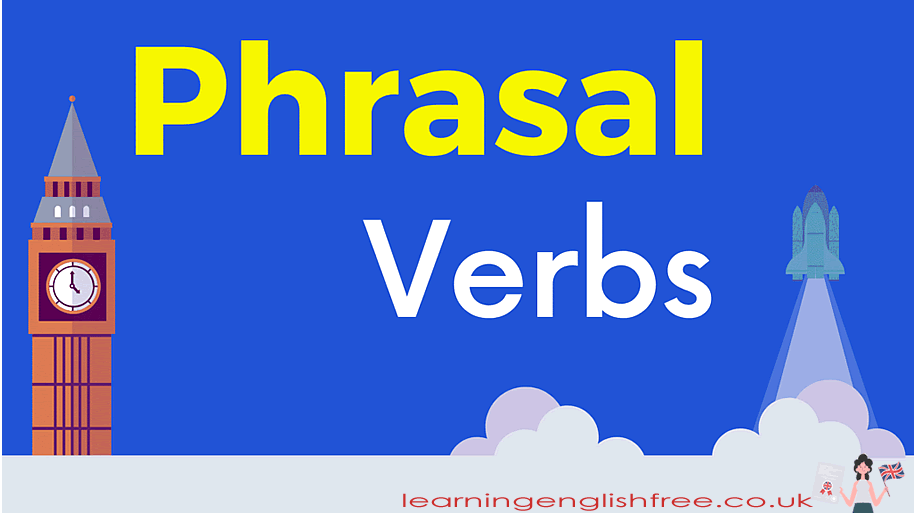
Gaining Ground: Navigating Phrasal Verbs Starting with "G"
Introduction
Phrasal verbs are a fascinating aspect of the English language, offering a dynamic way to express a wide array of actions and emotions. These expressions, which combine a verb with one or more prepositions or adverbs, can significantly differ in meaning from the verbs they are based on. This lesson focuses on phrasal verbs starting with the letter 'G'. Understanding these verbs is crucial for ESL learners aiming to speak English fluently and naturally. By the end of this guide, you will be familiar with these expressions, capable of using them accurately in conversations and writing.
-
Get across: To successfully communicate an idea or message.
- Example: It's important to get your point across during the presentation.
-
Get along: To have a good relationship.
- Example: She gets along well with her colleagues.
-
Get around: To move from place to place; to avoid a problem.
- Example: He gets around the city on his bike. / We need to get around the new regulations.
-
Get at: To imply or suggest something.
- Example: What are you getting at with all these questions?
-
Get away: To escape from a place or situation.
- Example: We can't wait to get away for the weekend.
-
Get back: To return to a place; to recover something.
- Example: I need to get back home by 7 PM. / Did you get your book back?
-
Get by: To manage to survive or do something with minimal resources.
- Example: It's tough, but we're getting by.
-
Get down: To make someone feel sad or depressed; to start focusing on something.
- Example: This weather really gets me down. / Let's get down to business.
-
Get in: To arrive at a place; to be admitted to a group or organization.
- Example: What time does your train get in? / He got in on a scholarship.
-
Get into: To become interested in an activity or subject; to enter.
- Example: She's getting into yoga lately. / How did the dog get into the house?
-
Get off: To leave a vehicle; to start.
- Example: Get off the bus at the next stop. / We got off to a good start.
-
Get on: To enter or board (a vehicle); to continue doing something.
- Example: Get on the plane as soon as you can. / You must get on with your work.
-
Get out: To leave or escape from a place.
- Example: Let's get out of here!
-
Get over: To recover from (an illness or setback).
- Example: It took her weeks to get over the flu.
-
Get through: To successfully make contact; to finish; to endure.
- Example: I can't get through to the service desk. / We got through all the applications.
-
Get to: To have the opportunity to do something.
- Example: I finally got to meet her.
-
Get together: To meet for a social activity.
- Example: Let's get together for coffee next week.
-
Get up: To rise from bed; to stand up.
- Example: I got up early today. / Could you get up, please?
-
Give away: To reveal a secret; to give something free of charge.
- Example: Don't give away the ending! / They're giving away free samples.
-
Give back: To return something to its owner.
- Example: Please give back the book when you're done.
-
Give in: To reluctantly stop fighting or arguing; to surrender.
- Example: After hours of negotiation, they finally gave in.
-
Give off: To emit a smell, light, heat, sound, etc.
- Example: The flowers give off a lovely scent.
-
Give out: To distribute; to become exhausted or fail.
- Example: We gave out all the flyers. / My legs gave out during the marathon.
-
Give up: To stop trying to do something; to surrender.
- Example: Don't give up on your dreams.
-
Go after: To pursue or chase.
- Example: The police went after the thief.
-
Go against: To oppose or be contrary to.
- Example: It goes against my principles.
-
Go ahead: To proceed with a plan or action.
- Example: Go ahead with the project as scheduled.
-
Go back: To return to a place.
- Example: I have to go back to the office for my phone.
-
Go by: To pass or elapse (of time); to follow a principle.
- Example: Time goes by so quickly. / We go by the rules.
-
Go down: To decrease; to be received in a particular way.
- Example: The prices went down. / The proposal didn't go down well with everyone.
By incorporating these phrasal verbs beginning with 'G' into your vocabulary, you'll find yourself able to express thoughts and actions more vividly and accurately. Remember, practice makes perfect, so try using these verbs in your daily conversations and writing to build your confidence and proficiency in English.
